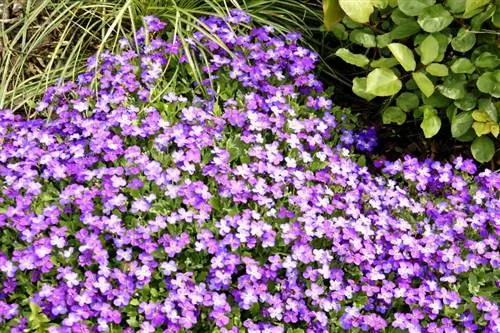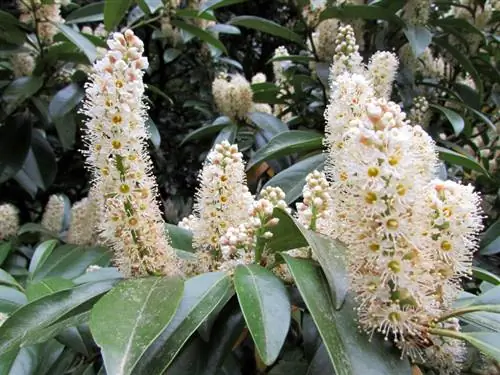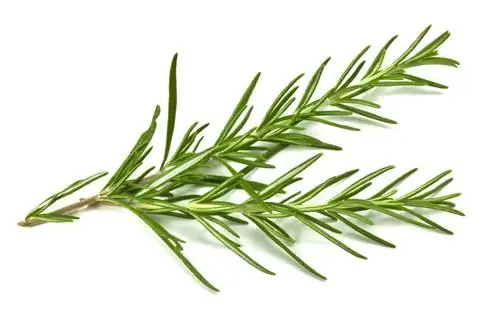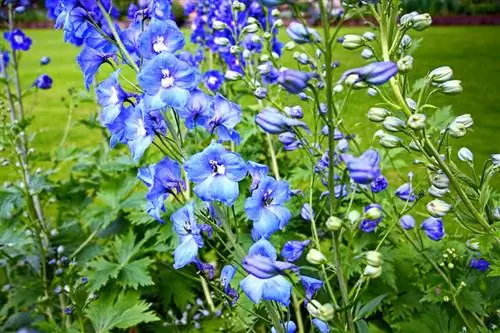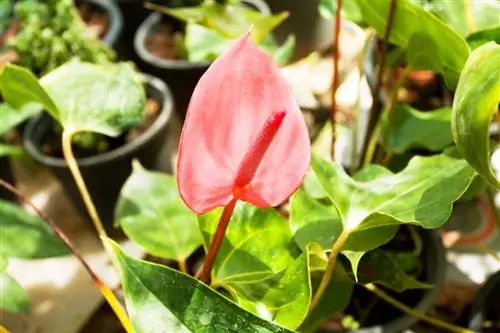- Author admin leonars@hobbygardeners.com.
- Public 2023-12-16 16:46.
- Last modified 2025-06-01 06:02.
Blue pillows don't just look beautiful. They also cover entire surfaces, beautify rock gardens and beds with their cushion-like growth and are also completely undemanding. Read below how they can be propagated!
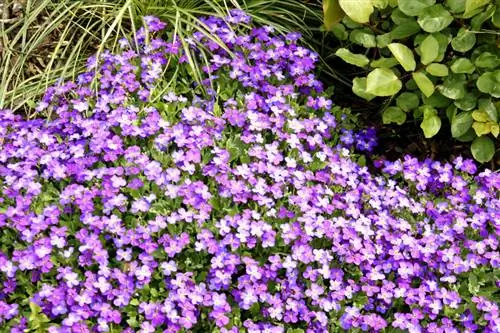
How to propagate blue cushions?
Blue cushions can be propagated by targeted sowing, cuttings or dividing the plant. Collect seeds after flowering, take cuttings in summer, or divide the plant carefully in spring or after flowering.
Sow seeds in a targeted manner
You can collect the seeds for sowing yourself if you already have a blue cushion to call your own. They form after flowering in summer. They ripen in capsule fruits and are dispersed by the wind through their wings if they are not collected. Self-sowing is not rare
How to sow:
- Advance from April
- Direct sowing from May
- When growing, use low-nutrient potting soil (€6.00 on Amazon)
- Keep soil moist
- ideal locations: warm living room, greenhouse
- from 5 cm in size, if necessary, separate
- protect in the first winter
Summer is the time for cuttings
It is still possible to propagate the blue cushion by cuttings. The shoots that are to serve as cuttings should ideally be removed during pruning. The blue cushion is cut back in June.
Overall, propagation from cuttings is easy if you do it correctly:
- remove lower leaves on the shoots
- Prepare pots with potting soil
- insert one shoot per pot
- Keep substrate moist
- good temperature for rooting: 20 to 25 °C
- plant out in spring
- Choose a location with lots of sunlight
Dividing the plant - use with caution
Sharing the blue pillow is also fundamentally feasible and can promise success. But this propagation method is more for professionals than hobby gardeners. The reason: The root system of this plant is extremely small. It can therefore quickly be damaged when digging. If you choose this method, the best time is in spring or after flowering.
Tip
You don't necessarily have to take propagation into your own hands. If you are afraid of the effort, you only need to wait a few years and the blue cushion will have reproduced itself using its runners. It likes to form large carpets.

